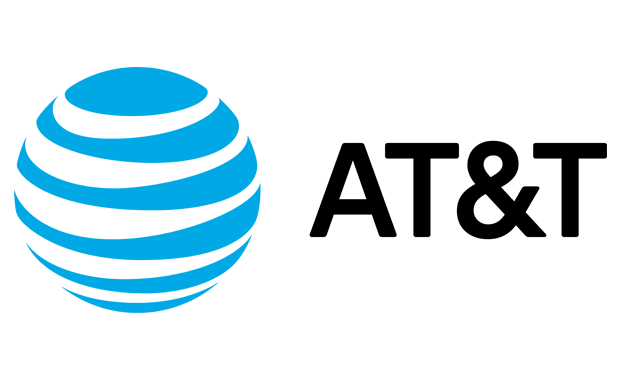This morning, Engadget reported that AT&T’s bid for Straight Path Communications, thought to be ironclad, was trounced by an unnamed competitor, thought to be Verizon. AT&T had put $1.6 billion on the table for the small communications company, which owns several key licenses thought to be important for the development of 5G service. The new bid comes in at almost twice that, $3.1 billion. At this writing AT&T has declined to match it.
It’s not clear what impact this will have on AT&T’s ambitions to develop 5G, the next generation of cellular services that will feature speeds greater than most people have on their home wired internet. This is certainly not the only block of 5G spectrum out there but it’s also not the first time AT&T has come up just a little short in buying the kind of wireless licenses it will need. Although the company did spend almost $1 billion in the recent FCC auction, DISH and T-Mobile outspent the company to acquire large chunks of what are currently over-the-air broadcast television licenses.
Reuters reports a little bit of the history of Straight Path, which apparently has been on anything but a straight path. The company bought up this chunk of spectrum but did nothing with it. That is a clear violation of FCC rules, which say that a company must actually use the wireless spectrum it purchases. After being outed as a “spectrum squatter” in 2015, arrangements were made for AT&T to purchase the spectrum. However, after over a year of work toward that deal, another bid came in out of the blue. This would essentially set the clock back to day one and it means that spectrum could potentially sit unused for several more years.
Knowing that, this bid could simply be a blocking tactic from Verizon to try to keep AT&T from continuing to build a 5G network. AT&T is a much stronger competitor on the internet and television delivery side of things than Verizon is, and 5G is rumored to be a strong part of the next generation of home services as well as the next generation of mobile ones. It may turn out that AT&T gets these frequencies after all, and that Verizon is simply stalling the process. After all, it seems like coming in and bidding double what your competitor thinks something is worth is a fairly aggressive, perhaps even offensive, move. It certainly is cause for concern in the telecommunications community.
It’s also possible that the people inside Verizon have some idea how to use that spectrum that will make them a lot more money than the way AT&T was going to use it. If that’s the case, the extra $1.5 billion seems like a small price to pay if this is something that is truly going to set the world on fire. AT&T said the spectrum would be used to “accelerate the delivery of new experiences for consumers and businesses like virtual and augmented reality, telemedicine, autonomous cars, smart cities and more.” Maybe Verizon will use it for something even cooler, perhaps brain interfaces or transporter beams. I don’t know.
I think we should all be watching this story because as 5G continues to become important to regular consumers, the company that builds out their 5G network the best way will certainly dominate internet commerce in the coming decade.





